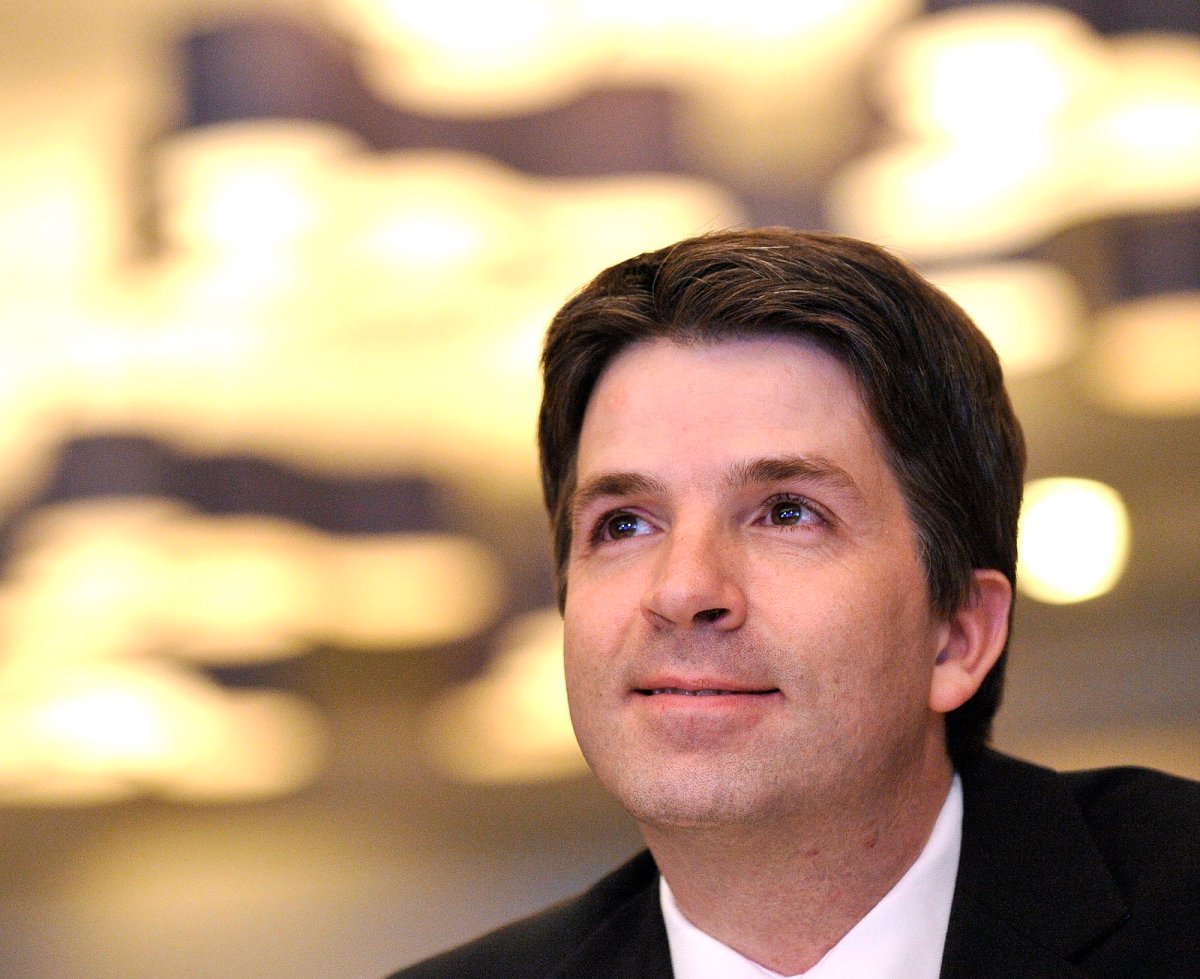OTTAWA – The possibility of a Parti Quebecois majority has at least one federal political party jumping for joy.

The one that almost died last election.
“It’s an opportunity for the Bloc Quebecois to come back to life,” said Jean-Francois Fortin.
Fortin, one of only four Bloc MPs in the House of Commons, said in an interview conducted in French that he’s “very, very happy” with media baron Pierre Karl Peladeau’s candidacy.
“He’s someone who has a lot of credibility.”
With that, Fortin hopes the Parti Quebecois forms a majority government on April 7 – and launches a referendum.
“I’m conscious that there are concerns by certain media or even certain Canadians of the possibility. There is also equally a Quebec-bashing or people who say ‘let them leave.’ For me, it’s not important. The idea is for Quebec to decide one day in a democratic manner, to have its choice, to quit Canada,” he said.
“It’s not against Canada. We have economic, traditional and historic affinities and we think it’s important to continue the links, but with the goal of having a country that’s our own and that will let us make our own decisions.”
The Bloc was nearly decimated following the 2011 election, down from 49 seats in 2008 to only four – not even the 12 required to form an official party.
Former leader Gilles Duceppe lost his seat and resigned. The party has yet to replace leader Daniel Paille, who resigned last December due to health reasons. (Andre Bellavance, who did not respond to an interview request, is the current interim leader).
But with Peladeau’s entry into the race, Fortin said the Bloc is looking for a revival.

Get breaking National news
“A majority sovereigntist government would impact the role of the Bloc Quebecois in Ottawa and the way we’d represent Quebec,” he said.
He noted that the Bloc still had about 23 per cent popularity in the last election, and claims there are some 35,000 members in Quebec.
Fortin said the Bloc is the only party that can defend Quebecers’ interests in Parliament. “We already see they’re nervous,” he said of the Conservatives, Liberals and NDP.
Others aren’t so sure.
Liberal MP Massimo Pacetti, who represents the Montreal riding of Saint-Leonard-Saint-Michel, said the Bloc has a lot of work to do.
And as a federalist, he does not wish them well.
“(Pierre) Karl Peladeau…is not going to be the main ingredient for the Bloc to make a resurgence in Quebec,” he said.
“You can’t tell me that there’s tons of energy emanating from that illustrious party of theirs.”
But he said there is a base in Quebec, which he estimates between 30 and 40 per cent, of those who want to separate.
“We vote with emotion and gut feeling, and that’s not going to go away,” he said.
“Until the last Bloc member is defeated and the Bloc no longer around, then that’s when you can say the job has been done.”
The NDP, which has 58 of the 75 seats in Quebec, isn’t commenting on the election at all. A spokesman for Infrastructure Minister Denis Lebel, one of five Conservatives in the province, said in an email the party has no intention of getting involved in a provincial election.
“We will work with the government that Quebecers elect, based on our common interests such as the economy, job creation and long-term prosperity,” Lebel said in the email. “I have always worked hard to have a strong Quebec within a united Canada.”
Linda Cardinal, a professor in Canadian and Quebec politics at the University of Ottawa, said with Peladeau’s entrance into the race, sovereignty is no longer a left- or right-wing issue but one unto itself.
But she said she doubts the Bloc – which formed in 1990 to champion the separatist cause – will profit politically.
“I think that the Bloc Quebecois is going to disappear gradually. I’m not sure it’s going to galvanize the Bloc Quebecois at all,” she said.
“Sovereignty is in Quebec. It’s not in Ottawa.”
Duane Bratt, professor and chair of policy studies at Mount Royal University in Calgary, believes there is “less caring” in English Canada about Quebec separating that there was in 1980 or 1995.
“It’s fatigue. This has been going on for multiple decades, and especially in the West, especially in Alberta, there remains a minority that says, ‘Go. If we could vote for you to separate, we would do it,'” he said.
But Bratt cautioned that would be “very disruptive” to the Canadian economy. “Not just the Quebec economy, but the entire Canadian economy.”
As for the Bloc, he does not see a comeback in the cards.
“The Bloc is still in so much trouble. The Bloc was supposed to be a temporary phenomenon that was helping to boost the separatist cause,” he said.
“I think the Bloc is just a shell.”







Comments